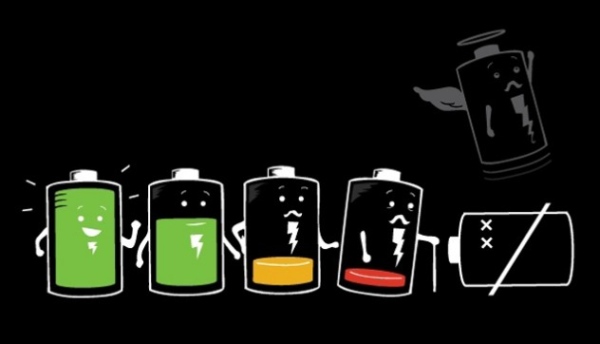Affiliate links on Android Authority may earn us a commission. Learn more.
Lithium-air batteries could offer ten times the life of current Li-ion batteries

Recent advances in battery technology could mean that the next generation of batteries will last ten times longer than current batteries.
The new tech known as Lithium-air batteries use the oxygen in the air as part of the chemical reactions that make batteries work. The biggest hurdle up until now has been that the oxygen also reacts with other parts of the battery causing them to deteriorate.
But the latest research has turned up an electrolyte material that doesn’t react with oxygen. This means that, in the lab at least, Lithium-air batteries are stable and can be charged-discharged multiple times without a performance drop. If these batteries ever make it to the market, they could have ten times the capacity of today’s lithium-ion batteries.
So what does that mean for smartphones and tablets? The average battery life of the Samsung Galaxy S3 while surfing the web is a little over 5 hours. Now imagine the same phone with a Lithium-air battery, that number would jump to 50 hours.
What about a tablet? The advertised battery life of the Amazon Kindle Fire is 8 hours for video playback. This means you can watch a couple of films and still have enough charge to check your email and play a bit of Angry Birds. But what if it had a Lithium-air battery. The theoretical life would be 80 hours. That means you could charge the tablet and then use it for an entire week. You could watch a film a day and spend several hours surfing the web and playing games and still have power in the battery after seven or eight days.
With 80 hours of potential battery life, tablet and smartphone designers would have unprecedented power resources available. This could be used to power brighter displays and boost the usage of traditionally battery draining items such as Bluetooth, NFC and GPS. It also means that less battery material needs to be used making the devices smaller and lighter.
Got an idea about how all that extra battery life could be used? Share your thoughts by leaving a comment below.